What is IEOR?
About
What is IEOR?
In this award-winning video, IEOR students explain what industrial engineering & operations research is, how their skills can improve the world, and discuss exciting careers in IEOR.
- IEOR is the process of inventing and designing ways to analyze and improve complex systems.
- IEOR improves processes to create a better world.
- IEOR utilizes math and statistics to understand and quantify the world around us.
- IEOR leverages computing to better manage the massive amounts of information available today.
- IEOR informs business strategy and operations to help leaders of industry and government make better decisions that save time and resources.
IEOR = Engineering + Management Science
In IEOR, we invent, analyze and learn tools and approaches for design, analysis, risk management, and decision-making in complex real-world systems like supply-chains, energy systems, healthcare systems, and financial systems.
IEOR is Imagination Engineering
IEOR grads can be many things: scientists, analysts, entrepreneurs, researchers, designers, consultants, and more. What ties IEOR students together, is their use of cutting-edge mathematical approaches to make the world more efficient, productive, and better designed. IEOR grads imagine the future and have the tools to make what they imagine real.
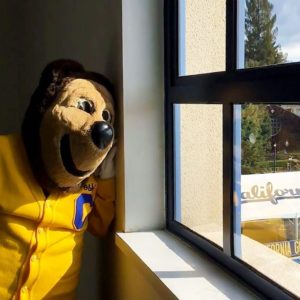
IEOR grads are masters of logistics and supply chains
Imagine starting your own food delivery company, ensuring thousands of customers receive hot, delicious food in a timely manner.

Tony Xu (IEOR ‘07) is the founder and CEO of DoorDash
IEOR grads are skilled data scientists and analysts
Picture utilizing your analytical skills to identify the next big opportunity in technology startups.
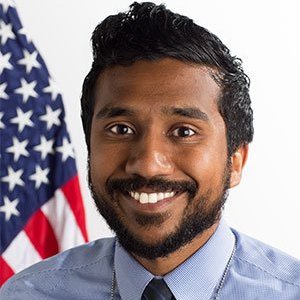
Ryan Panchadsaram (IEOR ‘07) is an advisor at Kleiner Perkins and former deputy CTO at the White House under President Barack Obama in 2013.

Courtney Chow (IEOR ‘16) is an Investor at Battery Ventures
IEOR grads configure processes and systems that improve quality and productivity.
Imagine you are working on automating processes to improve the customer experience on a popular cloud platform.
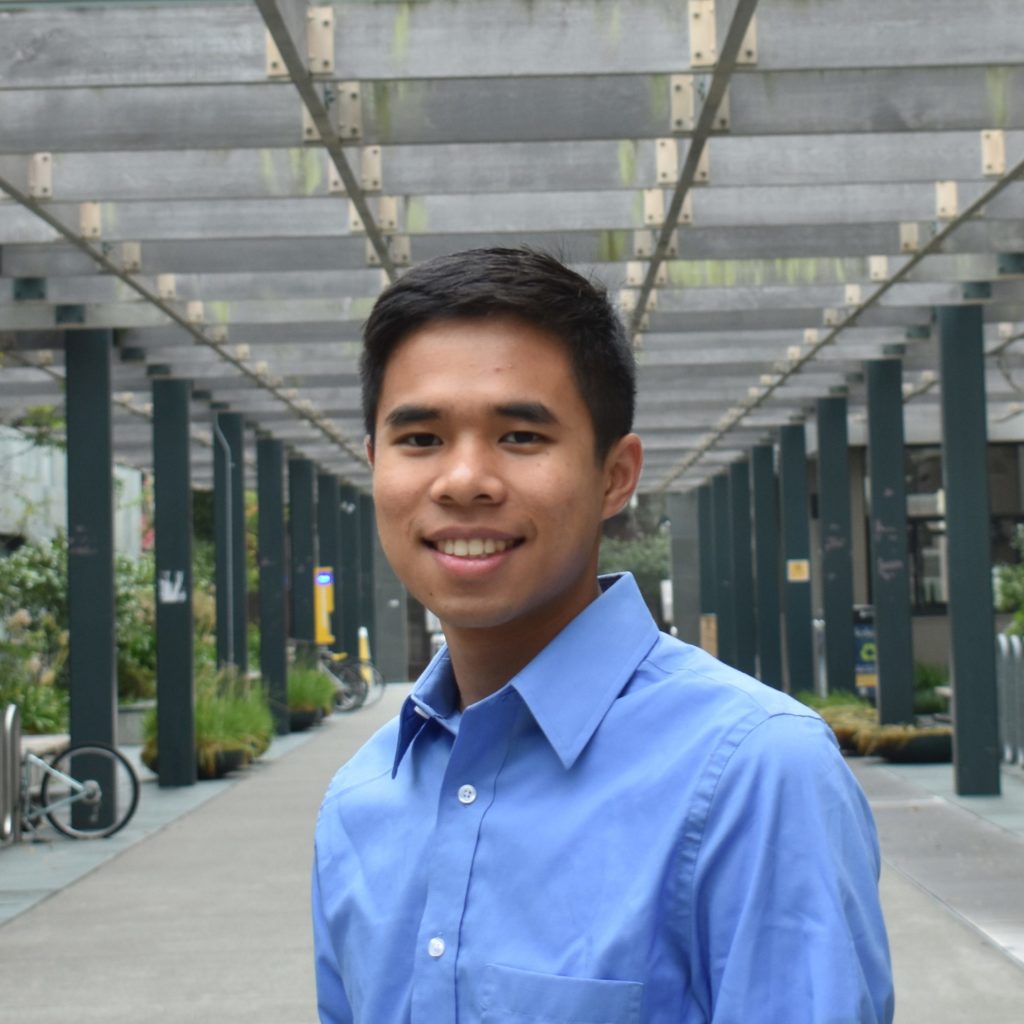
Chad Wakamiya (IEOR ‘20) is a program manager at Microsoft
IEOR grads help products achieve perfection.
You might oversee the production of jelly beans at a candy-making factory, ensuring each bean is high-quality, perfectly formed and delicious.

Operations Researchers design powerful algorithms
Imagine designing an algorithm that is so fast that it can identify and track neurons in calcium imaging movies.

The image above shows an example of a neuronal movie created with calcium imaging. IEOR Professor Dorit Hochbaum’s algorithm detects neurons in the movie and tracks their behavior over time.
Imagine you are responsible for designing a new spacecraft propulsion system that will help people land on Mars for the first time.

Eric Pillai (IEOR ‘20) is a manufacturing engineer for Dragon 2 Propulsion at SpaceX
Imagine solving a problem that has never been solved before.
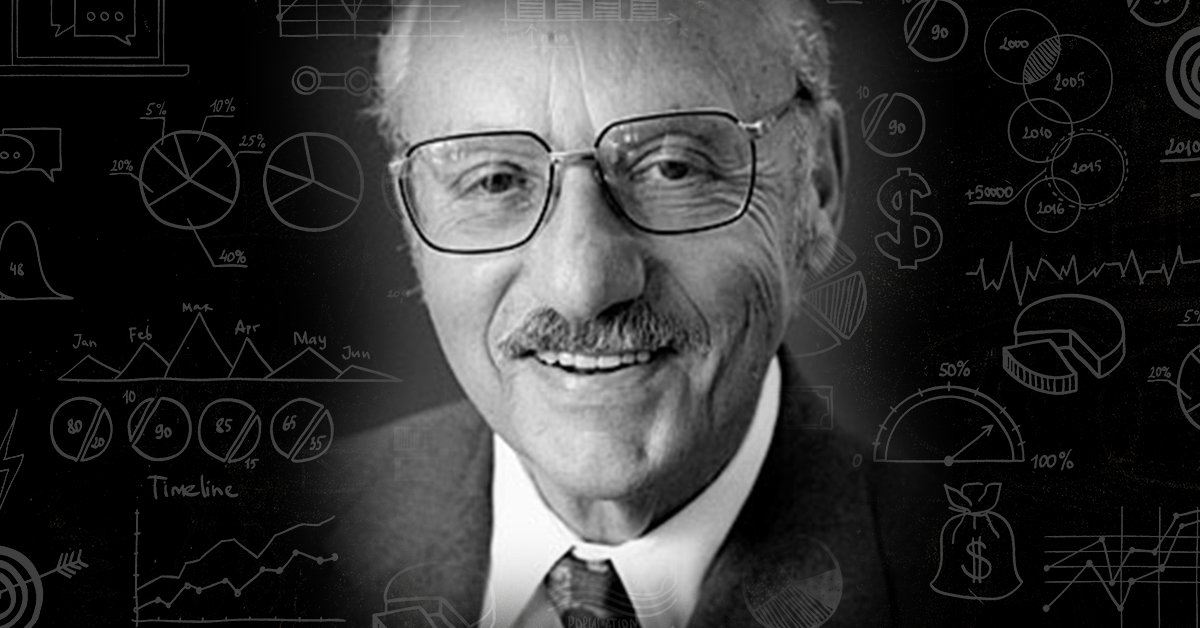
George Dantzig is considered a founding father of industrial engineering and operations research, but one of his most incredible achievements took place while he was still a doctoral student at Berkeley. Arriving late to a statistics class, Dantzig scrawled down two problems written on the blackboard, thinking that they were a homework assignment. He solved the problems and handed them in, only to learn weeks later that these were not homework, but two famously unsolved statistics problems. The story became legendary, inspiring a scene in the movie Good Will Hunting.
But that breakthrough was just one of Dantzig’s numerous accomplishments. In 1960, Dantzig was an early faculty hire in what was then the Department of Industrial Engineering, where he founded and directed the Operations Research Center. He became the first person to formulate linear programming models and investigate their mathematical properties. He also developed the simplex algorithm, which was foundational to the field of mathematical optimization and operations research. Together, his work on linear programming and the simplex method has touched nearly every industry. A member of the National Academy of Engineering, National Academy of Sciences and the American Association of Arts and Sciences, Dantzig was honored with the National Medal of Science in 1975.
IEOR grads can apply their skills in nearly any field
Healthcare, technology, energy systems, finance, consulting, advanced manufacturing, robotics, advertising, and ridesharing are a few of the industries where IEOR alumni apply their skills.
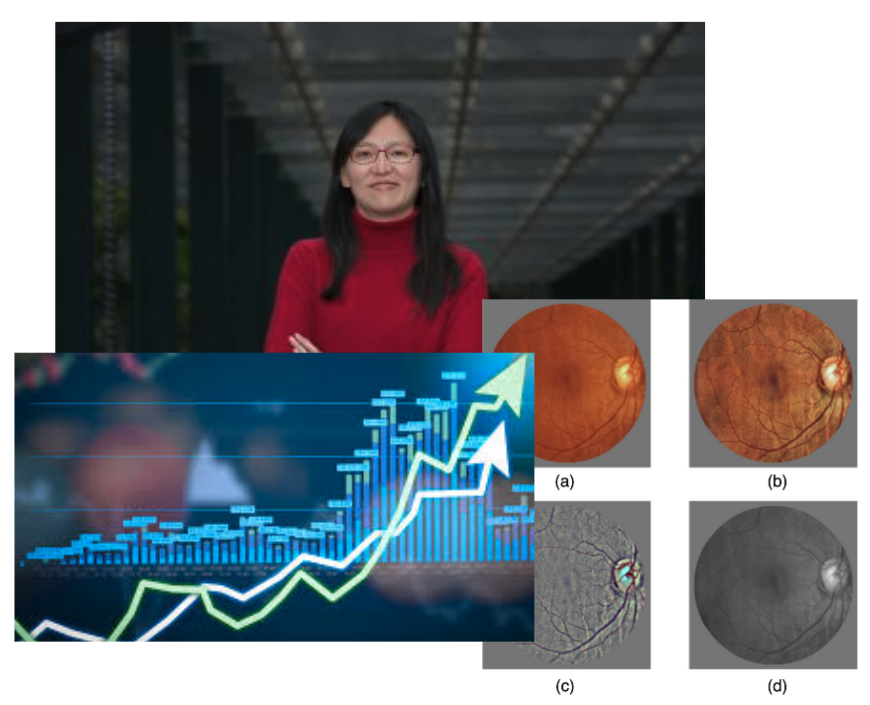
Prof. Xin Guo applies her research broadly, from quantitative trading in finance, to detecting eye disease using machine learning algorithms.
IEOR grads use math and engineering to make an impact
Imagine your algorithm makes the delivery of power more efficient, saving millions of dollars and reducing greenhouse gases.

IEOR Topic Areas & Courses
The IEOR department offers over 100 courses focused on data-driven decision making.
Some course topics include:
- Financial engineering
- Database design
- Engineering economics
- Risk Analysis
- Supply chain management
- Optimization
- Data science
- Statistical learning
- Production and inventory
- Control theory
- Stochastic analysis
See available courses here.